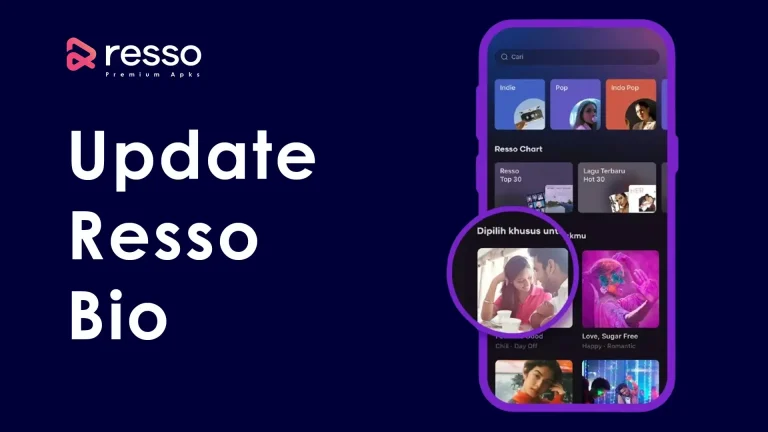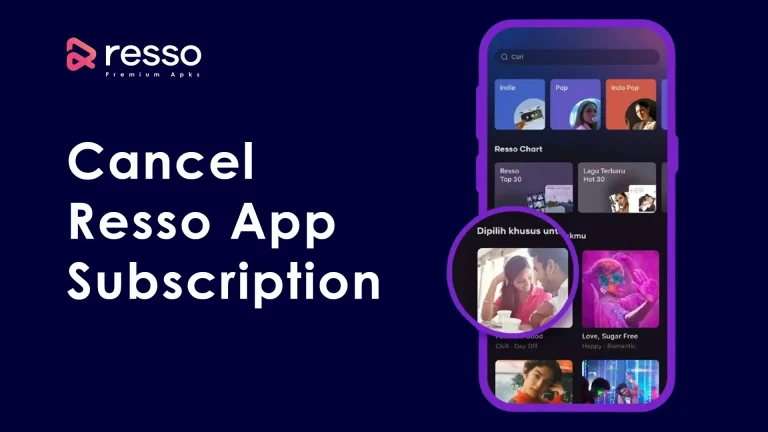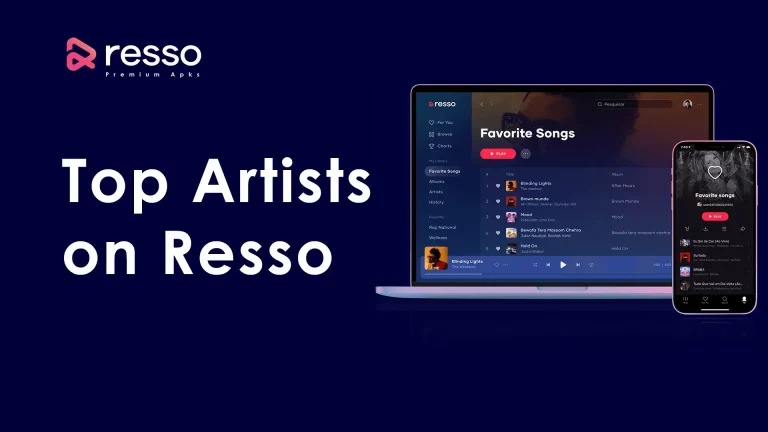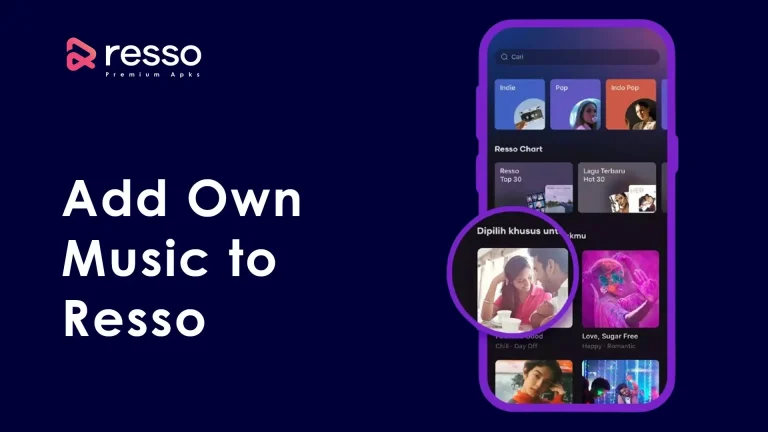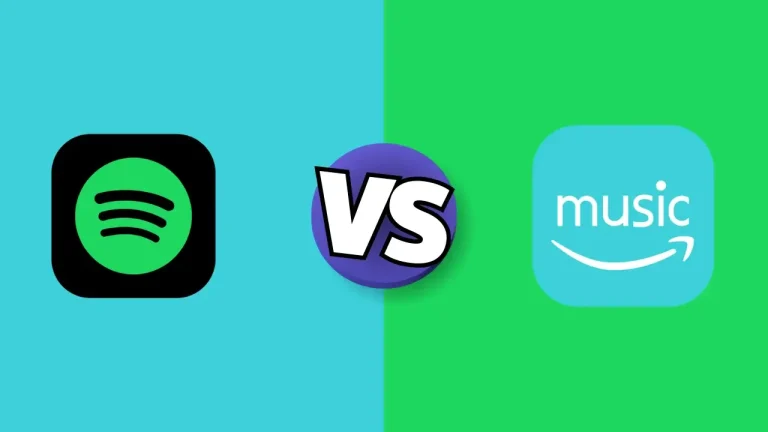Introduction
In the ever-evolving landscape of music streaming services, Resso has managed to carve a niche for itself, providing a unique, social-driven music experience. Developed by ByteDance, the parent company of TikTok, Resso gained popularity in India for its engaging features like real-time lyrics, playlist sharing, and social interaction around music. However, in a surprising turn of events, Resso was banned in India, following the government’s broader ban on a number of Chinese-owned apps. This article will explore the reasons behind Resso ban in India, the implications for users and the music industry, and what alternatives are available for Resso fans in India.
Background of Resso
Resso was launched in India in March 2020 and quickly grew in popularity, particularly among younger audiences. Unlike other music streaming platforms like Spotify or Apple Music, Resso focused on social interaction, allowing users to share music lyrics, comment on songs, and engage with other users in a more community-oriented environment.
Resso’s rapid growth in India was largely driven by ByteDance’s extensive reach via TikTok, which already had millions of users in the country. However, the platform’s association with a Chinese company would soon place it in the crosshairs of the Indian government.
Why Was Resso Banned in India?
The ban on Resso came as part of a larger crackdown by the Indian government on apps owned by Chinese companies. In June 2020, following geopolitical tensions between India and China, the Indian government banned 59 apps, including TikTok, citing concerns over national security and data privacy. This move was in response to growing concerns about the potential misuse of data by Chinese companies and fears that sensitive user information could be accessed by the Chinese government under its data laws.
Resso, as a subsidiary of ByteDance, was also seen as a potential threat under the same concerns, which eventually led to its inclusion in the list of banned apps. The Indian Ministry of Electronics and Information Technology (MeitY) issued a statement, declaring that the banned apps were “prejudicial to sovereignty and integrity of India, defense of India, security of the state, and public order.”
Key reasons for the ban include:
- Data Privacy Concerns: Allegations that Resso, like other Chinese apps, was collecting vast amounts of user data, which could be accessed by the Chinese government.
- National Security: Tensions between India and China had heightened following border clashes, and the Indian government felt that banning Chinese apps was a necessary measure to protect its citizens and data from foreign influence.
- Political Pressure: The ban on Chinese apps, including Resso, was also influenced by the growing sentiment of promoting local alternatives and reducing dependency on foreign technologies, especially from adversarial nations.
Implications of the Resso Ban
The ban on Resso had significant implications, both for the music industry and for users in India.
1. Impact on Resso Users
For millions of users in India, the ban meant losing access to their favorite music streaming platform overnight. Resso’s features that combined social interaction with music consumption had become a unique experience for its users, setting it apart from more traditional music streaming apps. The sudden ban left a void for users who enjoyed the platform’s community-based approach to music.
Users who had built playlists, followed artists, and engaged with other listeners were forced to switch to alternative platforms like Spotify, Gaana, or JioSaavn, none of which offered the same level of social interaction as Resso.
2. Impact on the Music Industry
Resso had also become a platform for Indian artists to connect with their audience, offering a more personalized and engaging way to promote their music. The ban on the app disrupted this connection, especially for independent artists who relied on Resso’s community-driven features to build their following. Additionally, ByteDance’s plan to further integrate Resso with TikTok for music promotion and distribution in India was halted due to the ban on both apps.
3. Competition in the Music Streaming Space
The ban on Resso opened up opportunities for other music streaming apps to capture a share of the Indian market. Apps like Spotify, JioSaavn, and Gaana quickly capitalized on the absence of Resso, offering users alternative platforms for their music needs. However, none of these platforms were able to replicate the social features that made Resso stand out. Some apps have since introduced similar features to fill the gap, but Resso’s unique positioning was difficult to replace.
Legal and Regulatory Developments
The ban on Resso was enforced under Section 69A of the Information Technology Act, which allows the government to block access to websites and apps that are deemed a threat to national security or public order. ByteDance, Resso’s parent company, made several attempts to engage with Indian authorities to resolve the concerns over data privacy and security, but these efforts did not yield results.
Despite the ban, ByteDance had reportedly been working on restructuring its data operations to comply with Indian regulations, but there was no concrete timeline for Resso’s return to the Indian market. Legal challenges against the ban have also been filed by various companies, but Resso’s future in India remains uncertain as of now.
Alternatives to Resso in India
For users looking to replace Resso with other music streaming apps, several alternatives are available in the Indian market:
1. Spotify
Spotify is one of the world’s largest music streaming platforms and offers a wide range of features, including curated playlists, podcasts, and personalized recommendations. While Spotify lacks the social features of Resso, it is a highly popular choice among Indian users due to its extensive music library and user-friendly interface.
2. JioSaavn
JioSaavn is an Indian music streaming service that offers a vast selection of Bollywood, regional, and international music. Although it doesn’t have the same social engagement features as Resso, it is a go-to option for Indian users due to its local focus and integration with Jio’s telecom services.
3. Gaana
Gaana is another Indian music streaming platform that provides a wide array of Indian and international songs. It offers radio stations, playlists, and podcasts but does not replicate the community-based experience that Resso offered.
4. Apple Music
Apple Music offers high-quality streaming, curated playlists, and exclusive content for its users. While Apple Music is more premium in terms of pricing, it is a solid alternative for those looking for a global music experience.
Conclusion
The Resso ban in India was part of a broader geopolitical and security-related decision by the Indian government. While users and artists in India have had to adjust to the absence of Resso, the market is filled with other options that attempt to fill the gap left by the app’s sudden departure.
However, Resso’s unique blend of social interaction and music consumption is still missed by many users. Whether or not Resso will make a return to India remains to be seen, but for now, Indian music enthusiasts have shifted their attention to other platforms as the regulatory landscape continues to evolve.


